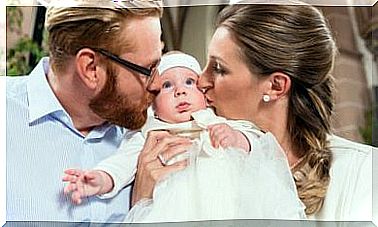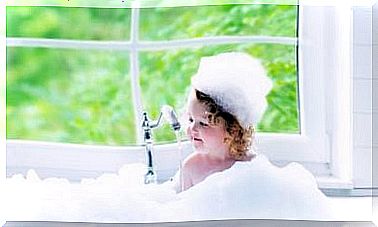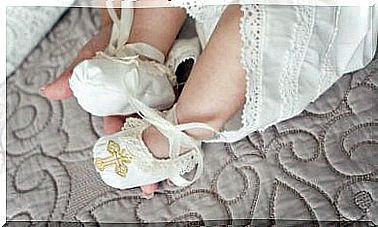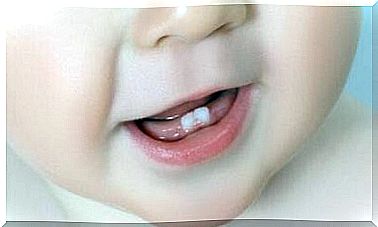Why You Have To Teach Children To Be Honest!
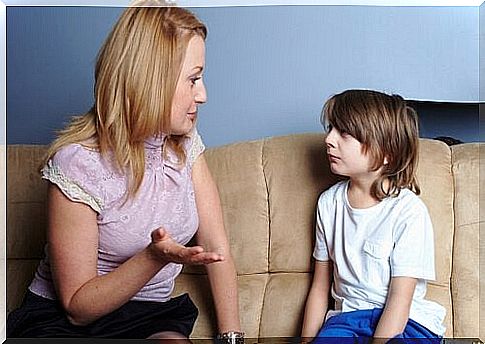
If we want to correct children’s behavior through punishment, then they prefer to lie to avoid punishment. Teaching our children to be honest is part of our parental responsibilities. Their future might depend on it.
This subject is not as simple as it looks. Teaching children to be honest is different from teaching them how to tie their shoes. There are many factors that influence how a child learns about values.
But it is an important duty for us as parents to convey values. That takes a lot of patience. Fortunately, there are plenty of useful tips that can help in doing this.
Why do children lie?
It is important that parents understand the reasons that make children lie. The reasons are different from those of adults. Child psychology specialists have listed them.
On the one hand, children lie to get something they want and on the other hand, when they want attention. Another reason for lying is to avoid punishment. Parents should be especially careful here. Too strict behavior by parents can lead to children being more dishonest.

Children also often lie because they mix reality with their imagination. This may seem absurd to us adults, but the imagination is much more active in children than later in life. Imitation can also be a cause for lying. If a child’s role model lies, then it is very likely that the child will also lie.
When should we start teaching them the difference between lies and truth?
This concept of values is not yet tangible for children under 3 years of age. A younger child still has no feeling or sense for it.
But with the 3rd birthday parents should start paying attention. It is not enough just to speak well to children. We parents must also actively observe them. This is the only way we can correctly assess the behavior of our little ones.
Rewarding honesty is more important than punishing lies!
Rewarding children can be a very good and efficient incentive to learn. If we reward them, they will gradually associate honesty with something positive. And that positive association is key. That will create a helpful and trusting atmosphere at home.
We should reprimand them for lies, but in a moderate and sensible way. Calling a child a liar can have very negative effects. And isn’t it our goal that our children trust us?
The whole subject of truth and lies also encompasses more than just discipline and morality. It’s about building self-confidence and mutual support. Problems should be solved together. A family is also a team.

Teaching children to be honest
As our children grow up, we need to teach them honesty. First and foremost, it is important that they understand that we can only help them in the best possible way if they are honest with us.
Trust is also a key aspect. If we make it clear to them that we are proud of them because they have been honest with us and we also reward them, then they will understand. So we have to show our gratitude for their trust.
If we are honest, our children will behave honestly too. It starts at home. Our children shouldn’t catch us lying. Let us remind ourselves that parents are the greatest role models for their children. Therefore, the behavior of our children also depends on how we behave, because children watch us very closely.
Nobody says conveying values is easy. But tolerance, patience, understanding and trust are our best helpers.
